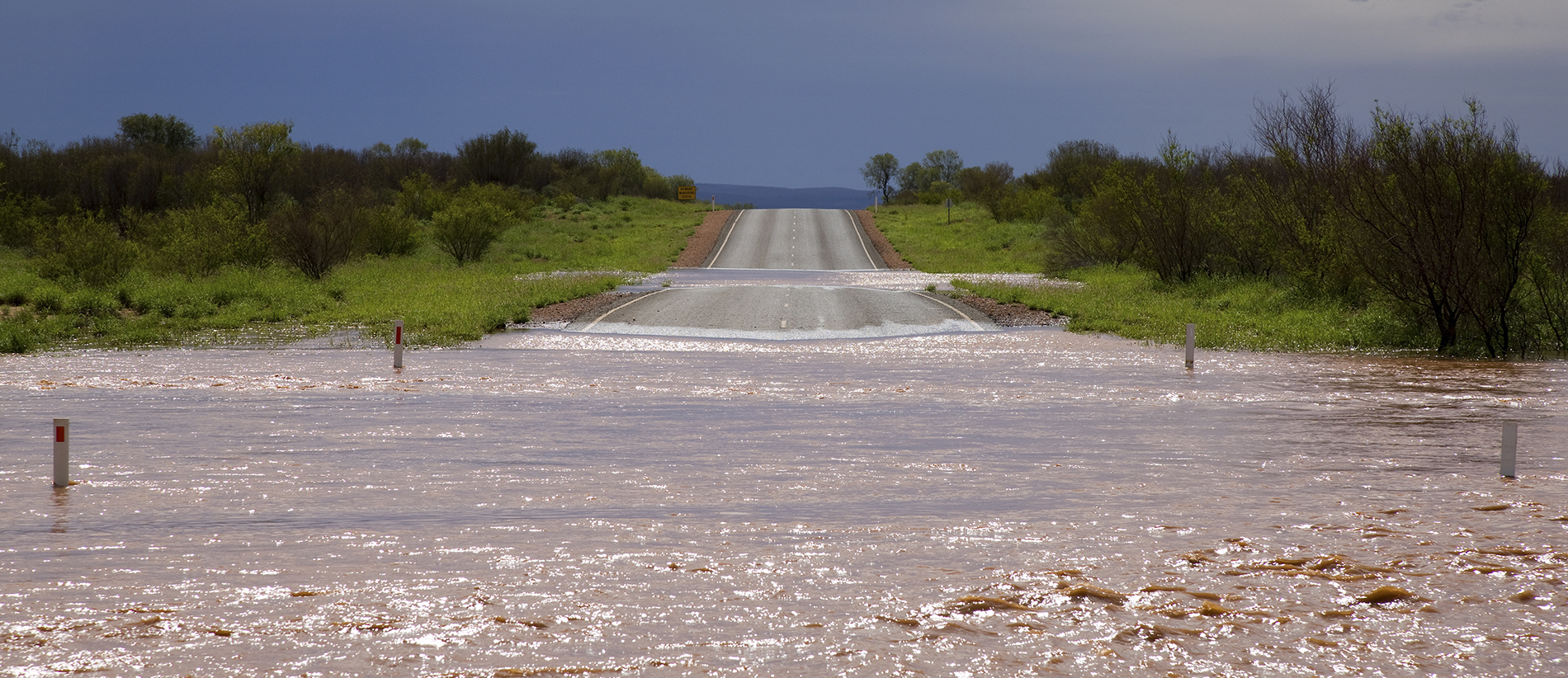Devastating floods continue to impact organisations, their assets and supply chains.
Any impacted organisation might be suffering financial loss from property damage, and in some cases, prevention of site access.
Complicating an already challenging situation, some organisations may be in financial distress, with additional flood events now threatening their business survival.
Disaster payments and a speedy claims settlement are key drivers of business continuity and delay can have significant consequences. Flood catastrophes can often be significant claims events for insurers, so during these periods of time, claims experts and loss adjusters are typically assessing a higher volume of claims. With financial pressures and limited cash-flow, doing everything you can to ensure your insurance policy responds as intended is critical.
So what can organisations do to prepare for and respond to flood insurance claims?
With any flood event, it can often be a stressful and emotional time. Do you understand the process and what’s required of you? For example, are you aware of policy terms such as the required notification periods?
Five tips to prepare for flood insurance claims:
1. Document the events as they unfold. As evidence to support your potential claim, take the time to record any damage to property, plant and equipment and don’t remove until it is assessed by a loss adjuster. This might be used by your insurer to process your claim.
2. Retain any damaged plant and equipment and if it needs to be removed, place securely in temporary storage. Keep samples of materials from damaged goods and ask suppliers to assess the severity of the damage for potential repair or replacement.
3. Prepare a detailed stock take or reconciliation of property, plant and equipment to ascertain damaged assets and loss sustained.
4. Repair or replacement considerations: ask suppliers of the damaged assets to assess the extent of the damage and how to stabilise or repair assets. Any advice from suppliers should be provided in writing.
5. Notify insurers immediately if there is a possibility of a claim and contact your broker who will know what you are covered for. An insurance broker can provide guidance on the best next steps for your unique situation, however, it is recommended organisations notify insurers immediately if there is a possibility of a claim and determine/clarify the value of the claim.
For our full list of Lockton’s flood claims tips or a review of any insurances in place, contact your Lockton representative or email us. (opens a new window)
Contents of this publication are provided for general information only. It is not intended to be interpreted as advice on which you should rely and may not necessarily be suitable for you. You must obtain professional or specialist advice before taking, or refraining from, any action on the basis of the content in this publication. Lockton arranges the insurance and is not the insurer. Any insurance cover is subject to the terms, conditions and exclusions of the policy. For full details refer to the specific policy wordings and/or Product Disclosure Statements available from Lockton on request.

